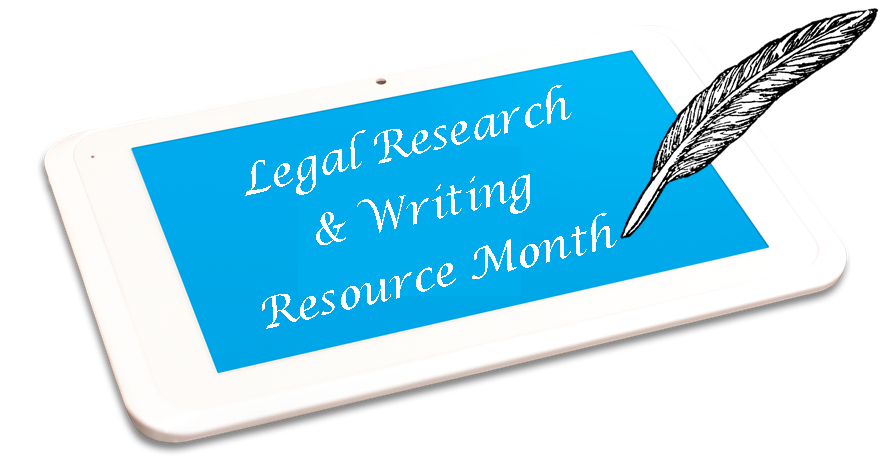The Harris County Law Library provides access to an excellent collection of online legal resources, including Westlaw, LexisAdvance, and HeinOnline. These databases, whose subscription fees can be too costly for solo and small firm attorneys to maintain, are available to use completely free of charge in the Law Library.
One of our databases that many attorneys and self-represented litigants are using with increasing frequency is O'Connor's Online. O'Connor's is an established and trusted name in legal publishing, particularly in Texas. The O'Connor's print publications are well-known as go-to resources for expert commentaries, legal forms, and for annotated codes and rules. The O'Connor's Online database provides the same quality of information, covering the same content that's published in the print volumes, all conveniently packaged in a searchable format.
O'Connor's Online is not new to the Law Library, but the addition of federal sources is a recent upgrade. Law Library patrons can now access federal commentaries, forms, statutes, rules, and charts using the multiple search tools built into the database.
For a broad overview of all the available federal content, explore the master menu: Click on the Pretrial & Trial Procedure entry on the Browse menu. This will provide you with a complete listing (shown in the image above) of all the federal and Texas resources available in each content category.
For a more specific search, enter keywords to perform a full content search of the entire database. Then, narrow your search results by selecting the appropriate jurisdiction from the Filters menu on the left. As an example, you may search for the keywords employment discrimination and then narrow your search results to federal sources. Filter your results once more to view only forms. One of the results in your list will be a general complaint for an ADA violation, Form 2B:16. O'Connor's Online is a terrific tool for accessing all the content that's familiar to users of the print titles and a user-friendly platform for newcomers.
Final tip: Once you've located the form you wish to use, you will have a few options -- download the form to a USB drive, email the document to yourself as an attachment, print the form at our Copy Center, or open it as an editable Word (or Word Perfect) document. There's no better -- or easier -- way to use the O'Connor's forms!
If you need assistance using O'Connor's Online, the Law Library staff is always happy to help. Further information about navigating the O'Connor's database is available here:






